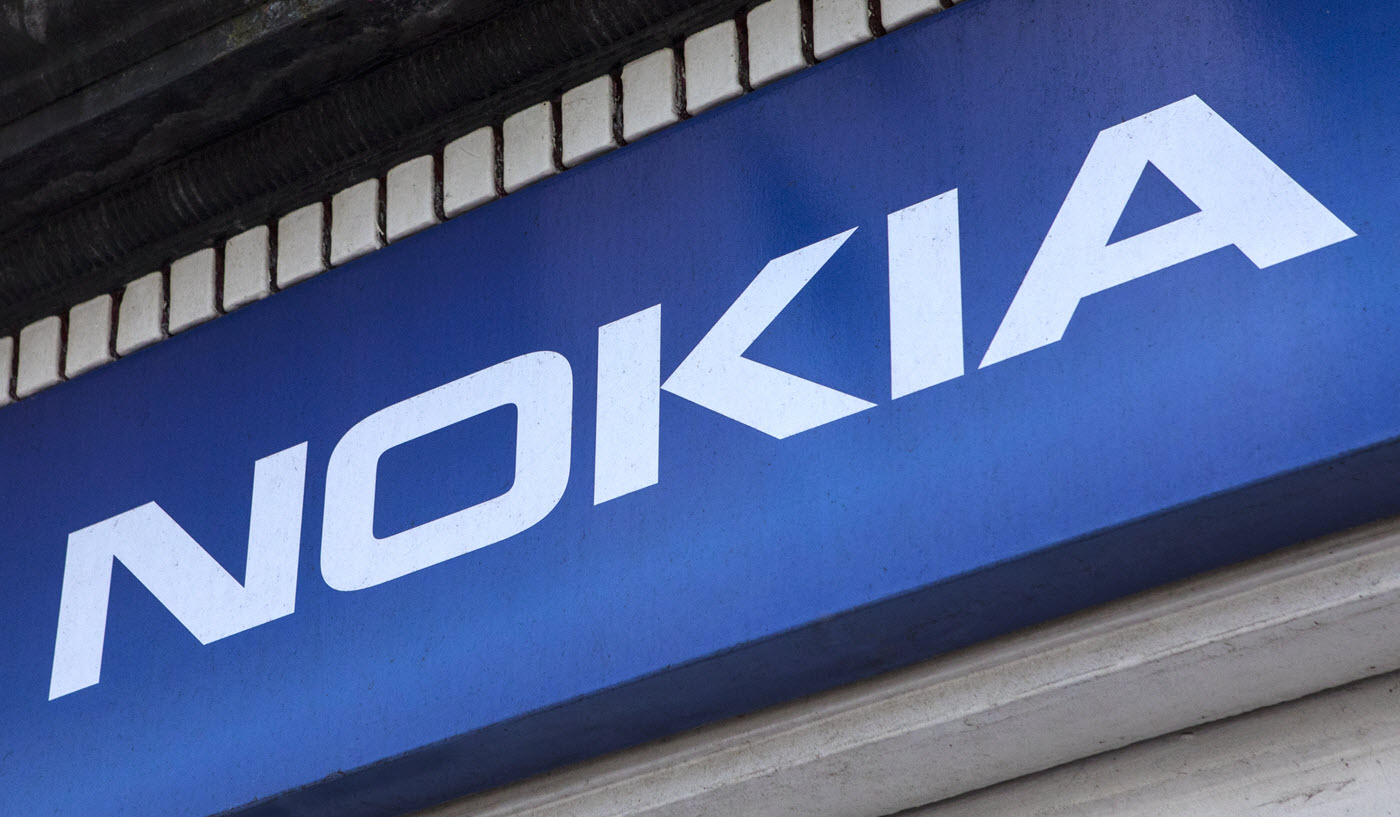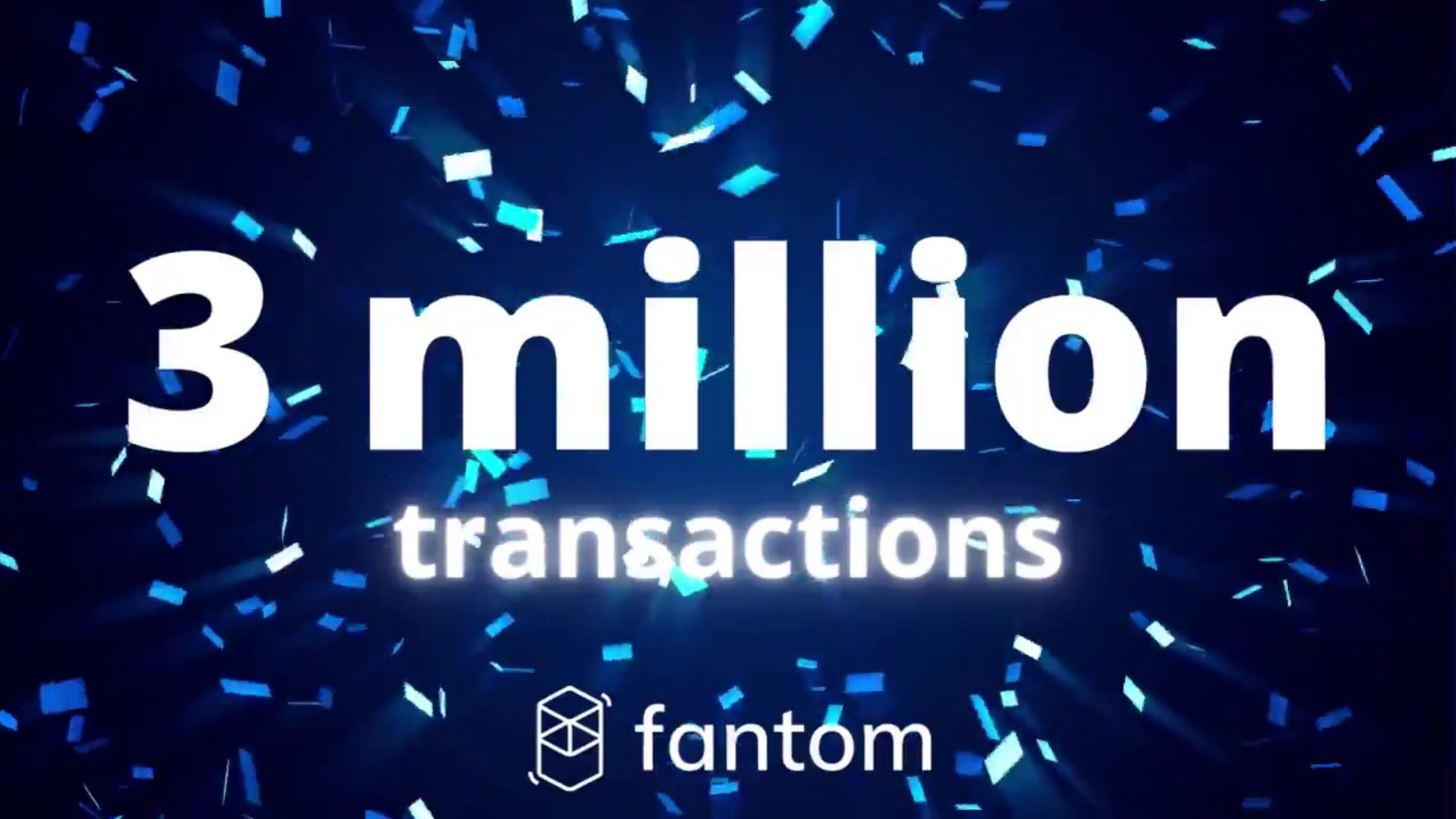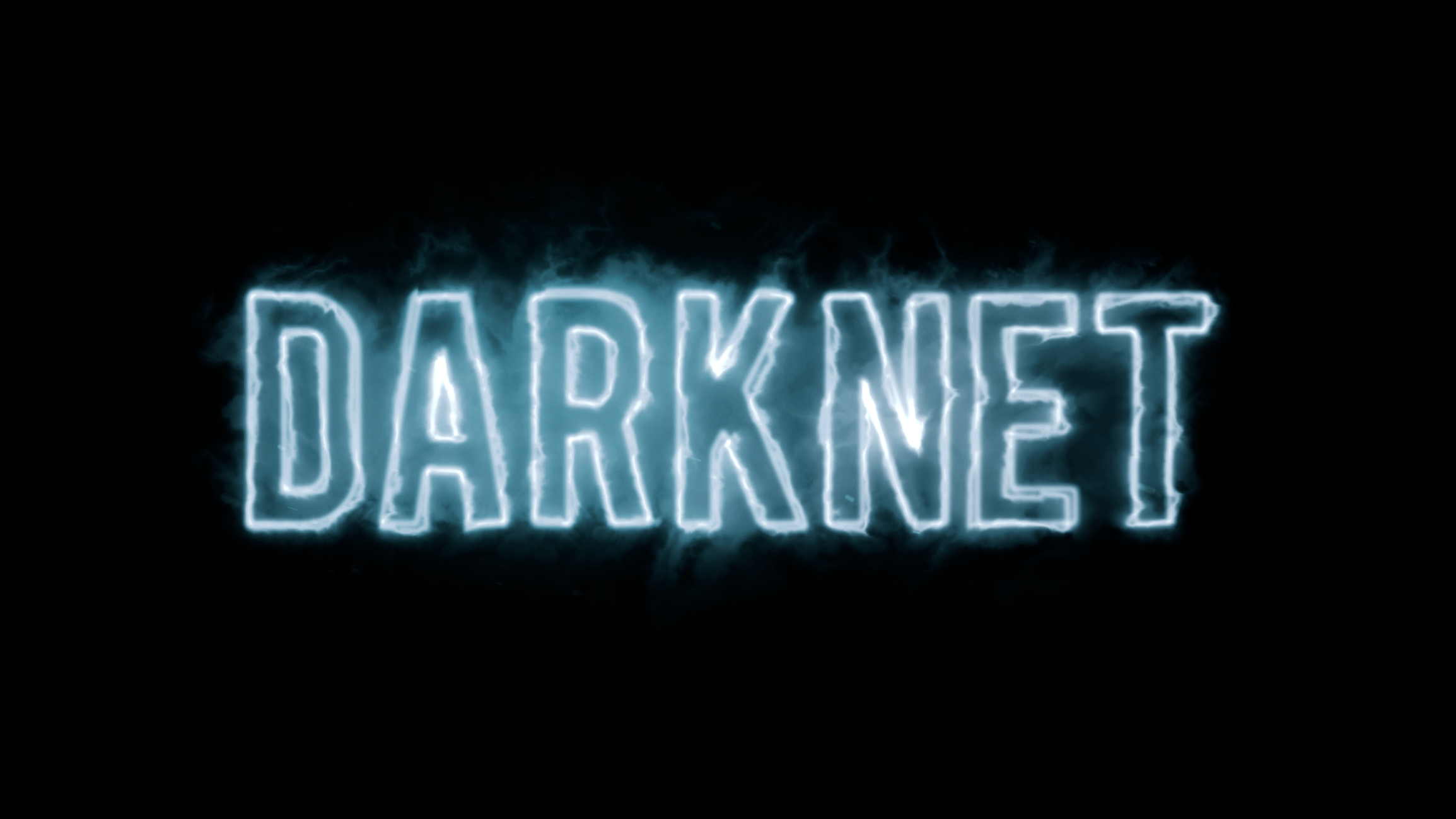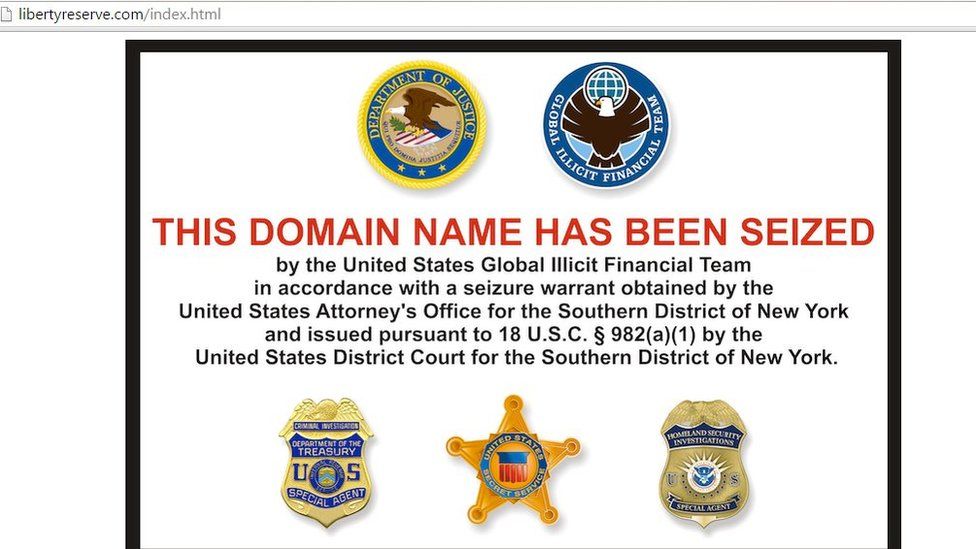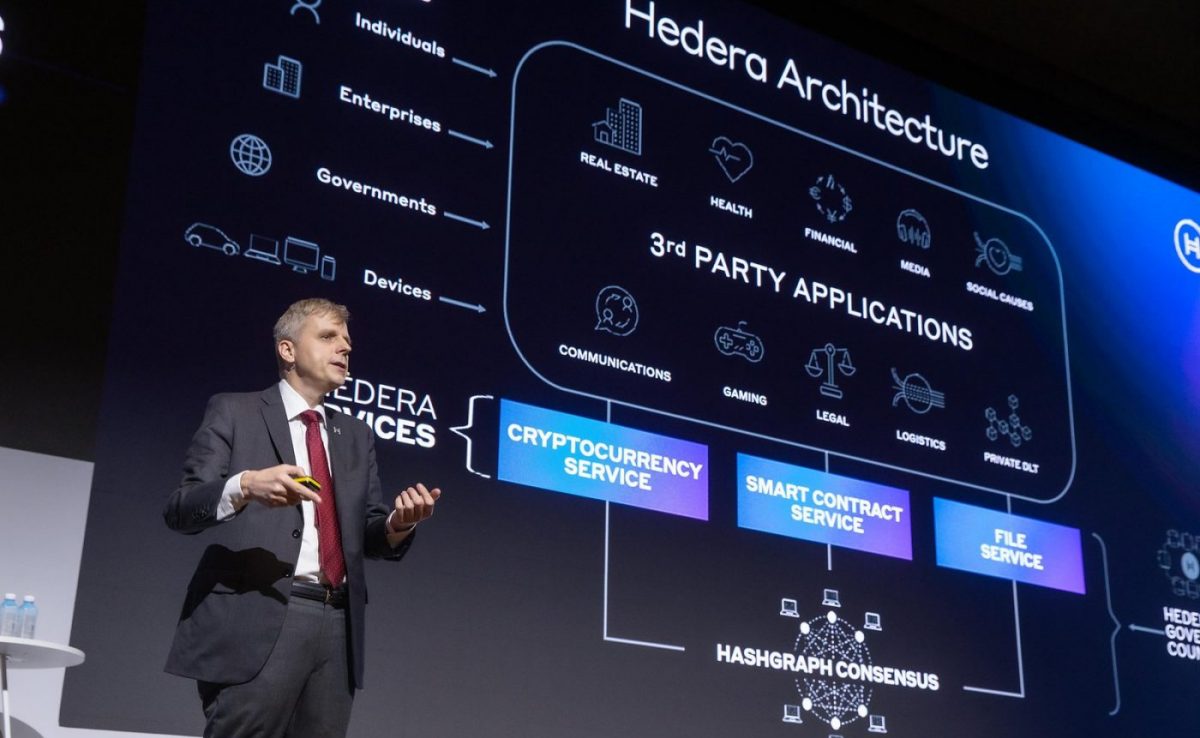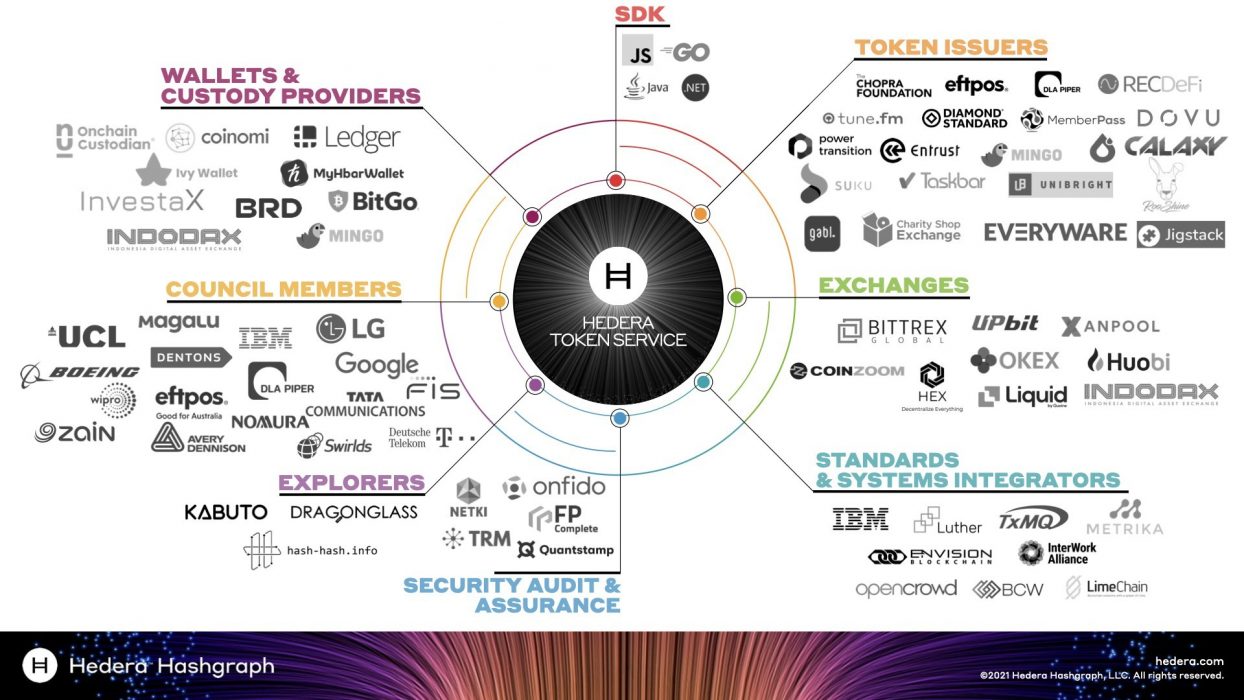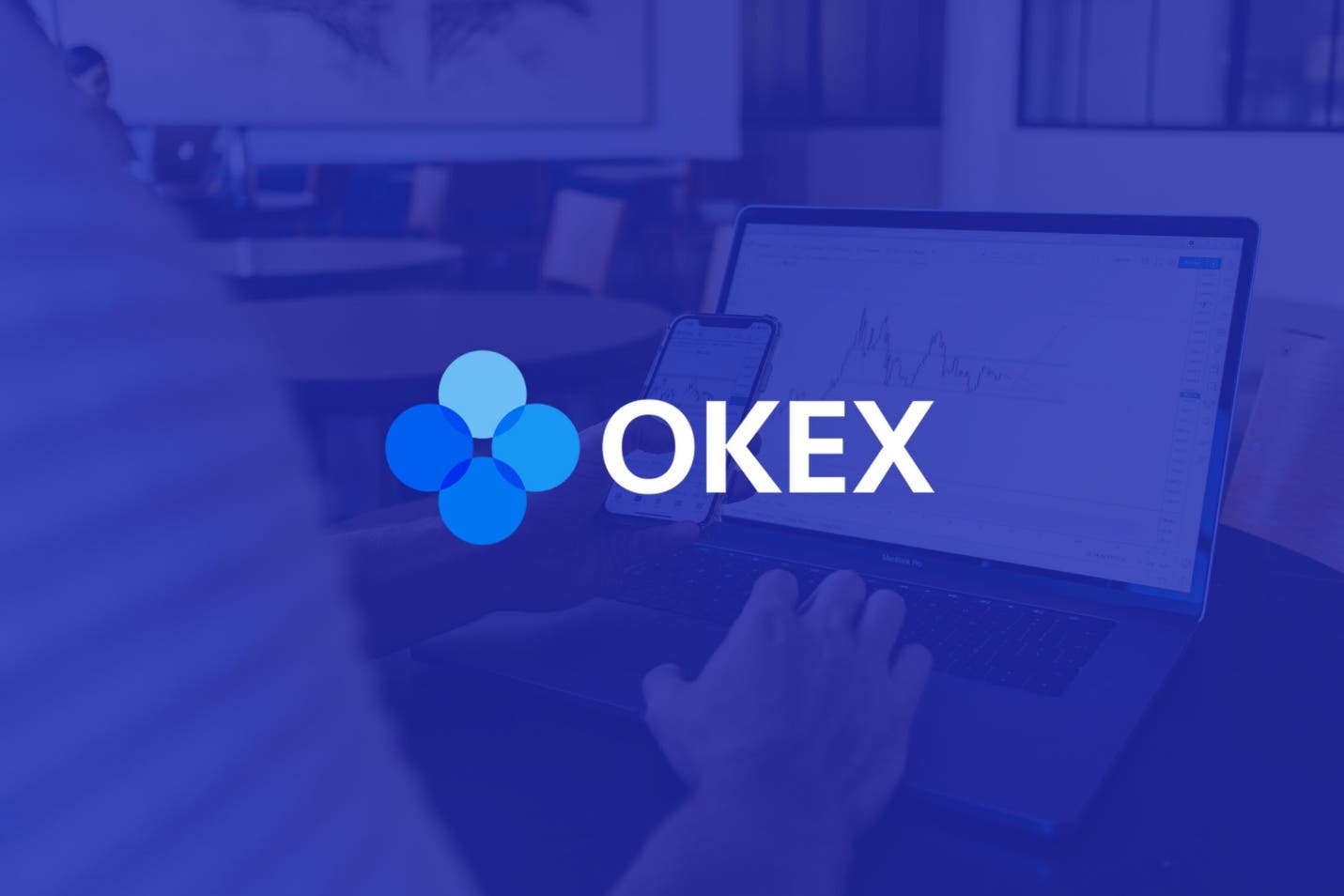In a report recently published by Cornerstone Research, the US financial watchdog has stated that they’ve gathered $1.7 billion in crypto-related penalties since 2013.
This sum has been gathered from a total of 75 enforcement actions, 70% of which have been settled. Unsurprisingly, a significant number of these enforcement actions took place in 2017, right in the middle of the ICO boom.
Claiming Main Regulator Status
According to Simona Mola – the publisher of the report in question – the SEC’s actions have placed the organization firmly in the lead when it comes to crypto regulation.
“In the last seven years or so, the SEC has established itself as one of the main regulators policing the cryptocurrency space.”
While a number of these actions have resulted in a win for the SEC, other cases have not been quite as cut-and-dry – most notable among them being the ongoing Ripple court battle – who seems to be gaining the upper hand.
The main offences that garnered the interest of the SEC were unregistered securities offerings and fraud.
Unregistered securities offerings made up 69% of allegations made by the SEC, and fraud accusations were present in 52% of cases. 37% of cases laid out by the SEC accused the recipient of both.
However, the crypto space has come a long way since the days of “unfortunate hacks” on crypto exchanges and high-profile rugpulls.
As crypto-related startups are finding new ways to finance themselves aside from IPOs, regulatory authorities will allegedly look for ways to allow these new companies to find their footing in order to promote innovation, according to Cornerstone Research VP Abe Chernin.
“While the SEC will continue to focus on fraud, there is an increasing expectation that the new administration develops a clearer regulatory approach and pursue greater interagency coordination to foster innovation in cryptocurrency markets.”
Although a certain amount of regulation is necessary in order to keep earnest investors safe from unscrupulous blockchain projects, it’s important that fraud allegations be investigated on a case-by-case basis – a little communication can often clear things up.



